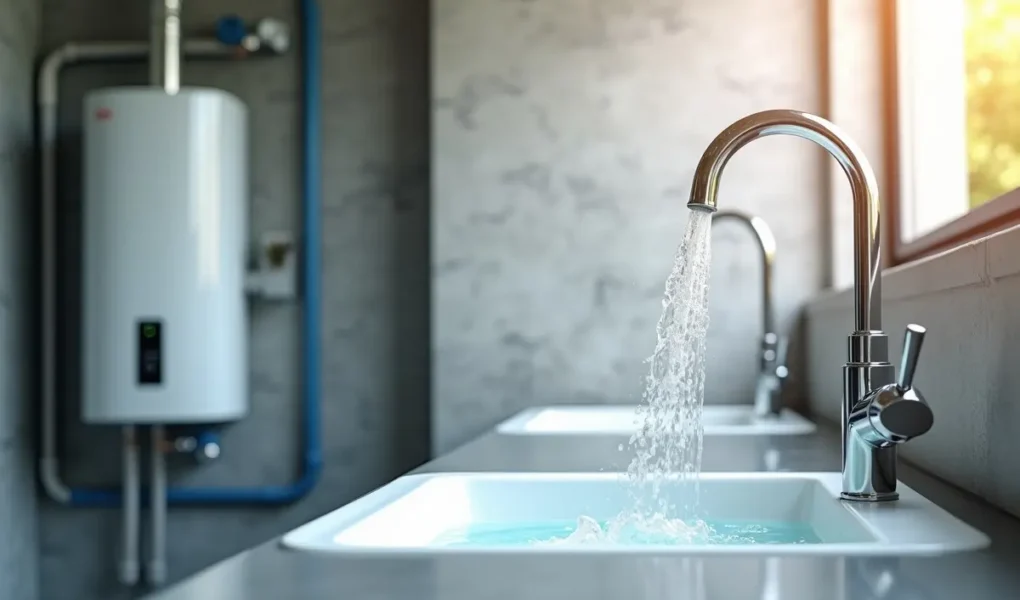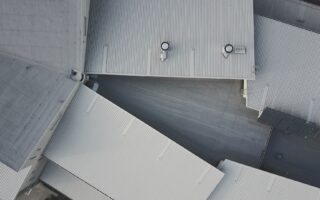Is there anything quite as frustrating as turning on the hot water tap, only to find cold water streaming out? Whether it’s an unexpected chill on a winter morning or an interrupted shower, hot water system issues can be more than just an inconvenience.
They can also lead to higher energy bills and potentially costly repairs. By keeping your hot water system running efficiently, you save on energy costs and ensure that you’re never caught off guard with cold water.
Schedule Regular Hot Water Services
One of the best ways to keep your hot water system performing well is through leveraging regular hot water services Macquarie. Hot water systems are typically built to last, but just like a car or any complex machine, they need periodic checks to ensure all components are in good shape. A professional hot water service usually includes cleaning, checking for any wear or damage, and testing performance.
This type of maintenance can identify issues before they become major problems. Plus, it’s far more cost-effective to address minor repairs early than to wait until you need an entirely new unit. Aim for a professional inspection once a year to keep everything in top condition and extend your system’s lifespan.
Set the Temperature Just Right
Finding the “sweet spot” for your hot water temperature isn’t just a comfort decision; it impacts energy use and system efficiency. Most manufacturers recommend setting the thermostat to around 60°C. This temperature helps balance comfort with energy savings while reducing the risk of bacterial growth in your water tank.
Setting your hot water system too high can waste energy and cause the system to work harder than necessary. Conversely, a too-low setting may not provide the hot water you need and could encourage bacteria to develop. When adjusting the thermostat, remember that each degree makes a difference in energy consumption, so small adjustments can have a positive impact on your bills and system performance.
Insulate Your Pipes and Tank
Hot water tanks and pipes lose heat if they aren’t insulated, which means your system has to work harder to keep water hot. Insulating your pipes is a simple but effective way to reduce heat loss, and it’s especially helpful if your tank is located outside or in a cold part of the house. Pre-formed insulation sleeves are easy to install and are widely available.
Adding a jacket to your tank and pipe insulation can make a noticeable difference in keeping the water at the desired temperature for longer periods without extra energy. This practice can lower energy usage, reduce standby heat loss, and prolong the lifespan of your hot water unit by reducing how often it needs to reheat the water.
Check for Leaks and Drips
Leaks in a hot water system can waste a surprising amount of water and energy. A slow drip might not seem urgent, but it’s costing you over time and is usually a sign of an underlying problem. If you notice water pooling around your system or hear a constant drip, it’s worth investigating right away.
Common leak points include connections to pipes, the temperature and pressure relief valve, and the tank itself. Fixing leaks promptly can help avoid larger issues and save you on water and heating costs. Even if you’re not a DIY enthusiast, a quick call to a plumber can prevent minor leaks from turning into a full-scale breakdown.
Flush Your Tank Annually
Over time, sediment builds up at the bottom of hot water tanks, particularly in areas with hard water. This sediment can reduce your system’s efficiency, cause noises, and even lead to system failure if left unchecked. Flushing the tank once a year can clear out these mineral deposits and improve both the longevity and efficiency of your hot water system.
It’s a simple process: turning off the power and water supply, attaching a hose to the drain valve, and allowing water to flow until it’s clear. Many people find this to be a manageable task on their own, but if you’re not comfortable, it’s best to have a plumber handle it.
Upgrade to a More Efficient System When Needed
If you’ve had the same hot water system for over a decade, it might be time to consider an upgrade. Newer systems are often far more efficient and can make a noticeable difference in your energy consumption. This is particularly true for older electric systems, which tend to be more energy-intensive.
Modern options like heat pump systems or solar-powered heaters can significantly reduce energy costs in the long run, although they come with higher upfront costs. When evaluating a new system, consider the long-term savings, government rebates, and potential energy savings. Investing in a more efficient system could help pay for itself over time, offering a reliable hot water supply with reduced impact on your bills.
Consider Alternative Energy Sources
Hot water systems that run on alternative energy sources, such as solar or heat pump technology, are a fantastic choice if you’re looking to reduce energy use and lower your environmental impact. Solar hot water systems use solar panels to heat water, which can save significantly on energy bills, especially in sunny climates.
Heat pumps, on the other hand, use the surrounding air to heat water, making them a very energy-efficient option, even in cooler areas. While they might involve a more significant initial investment, these systems are designed for long-term savings, making them a practical choice if you’re planning to stay in your home for years to come.
Clear Around Your Hot Water Unit
It’s easy to overlook the space around your hot water unit, but ensuring it’s clear of debris and clutter can actually help your system work more efficiently. Restricted airflow around the system can lead to overheating and reduced performance, especially if you have a gas or electric unit in a confined space.
Clear away any boxes, cleaning supplies, or other items that might obstruct ventilation around the unit. This simple step can help extend the life of your system and maintain its efficiency without any significant effort or expense on your part.
Ready for Reliable Hot Water?
Keeping your hot water system in peak condition doesn’t have to be complicated. With regular checks, a few simple upgrades, and some mindful adjustments, you can enjoy consistent hot water without unexpected breakdowns or skyrocketing bills. Tuning into your system’s needs and making these small maintenance efforts goes a long way in keeping your hot water running smoothly year-round.




